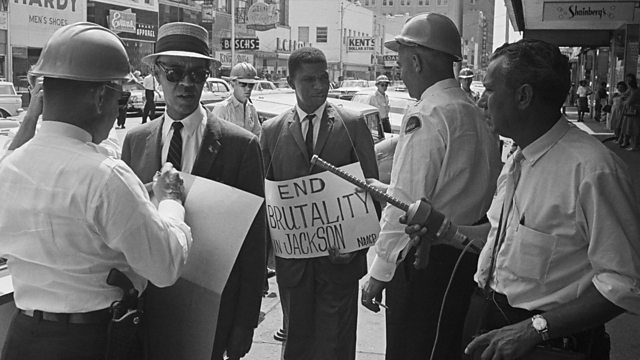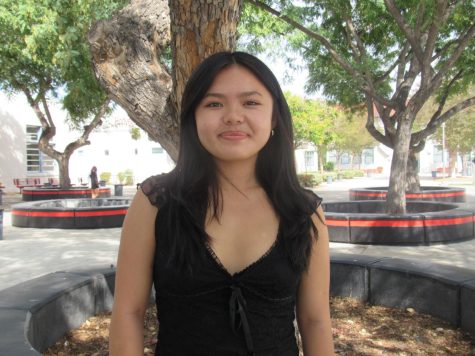Medgar Evers
In honor of Black History Month, every school day The Cardinal will feature a prominent and historical Black American, living or dead, who has worked toward change, advancement, and/or world peace. Some of them are heroes, and some are unsung heroes, who deserve recognition, and have made a contribution to society.
February 9, 2022
Medgar Evers’s full name was Medgar Wiley Evers and he was born on July 2, 1995. was an American civil rights activist and decorated U.S. Army combat veteran who had served in World War II. He married Myrile Evers-Williams and together had three kids: Darrell Kenyatta, Reena Denise, and James Van Dyke Evers. He was one of the three oldest among his five siblings.
Medgars began his activism after being denied admission to the University of Mississippi Law School due to his race. Evers has been the NAACP’s first field secretary for Mississippi since then. He was also president of the Regional Council of Negro Leadership (RCNL)
From 1959 until 1963, Evers and Dr. Gilbert Mason Sr. fought discrimination of the city’s public beaches on the Mississippi Gulf Coast. Evers took steps to aid Jackson’s privately operated buses as well as the city’s public parks. Due to previous racial controversies, he organized voter registration drives and boycotts to unify Leake County schools and the Mississippi State Fair.
Medgar Evers has always been at risk of deaths. Evers and his wife Myrlie have prepared their children on what to do in the situation of a shooting, bombing, or other type of attack on their life because the number of frequent threats had been so high.
Evers pulled into his driveway after returning from a meeting with NAACP lawyers. Evers’ family had worried for his safety that day, and Evers himself had warned his wife that he felt in greater danger than usual. Evers was shot in the back with a bullet fired from an Eddystone Enfield 1917 rifle early on June 12, 1963, and the bullet pierced through his heart. Myrlie was the first to see him before collapsing outside his front door.
After Evers was assassinated, an estimated 5,000 people marched from the Masonic Temple on Lynch Street to the Collins Funeral Home on North Farish Street in Jackson. Allen Johnson, the Rev. Martin Luther King Jr. and other civil rights leaders led the procession.
On June 21, 1963, Byron De La Beckwith, a fertilizer salesman and member of the Citizens’ Council (and later of the Ku Klux Klan), was arrested for Evers’ murder. District Attorney and future governor Bill Waller prosecuted De La Beckwith. All-white juries in February and April 1964 deadlocked on De La Beckwith’s guilt and failed to reach a verdict. At the time, most black people were still disenfranchised by Mississippi’s constitution and voter registration practices; this meant they were also excluded from juries, which were drawn from the pool of registered voters.
In 1994, De La Beckwith was prosecuted by the state based on new evidence. Bobby DeLaughter was the prosecutor. During the trial, the body of Evers was exhumed for an autopsy. De La Beckwith was convicted of murder on February 5, 1994, after having lived as a free man for much of the three decades following the killing.


